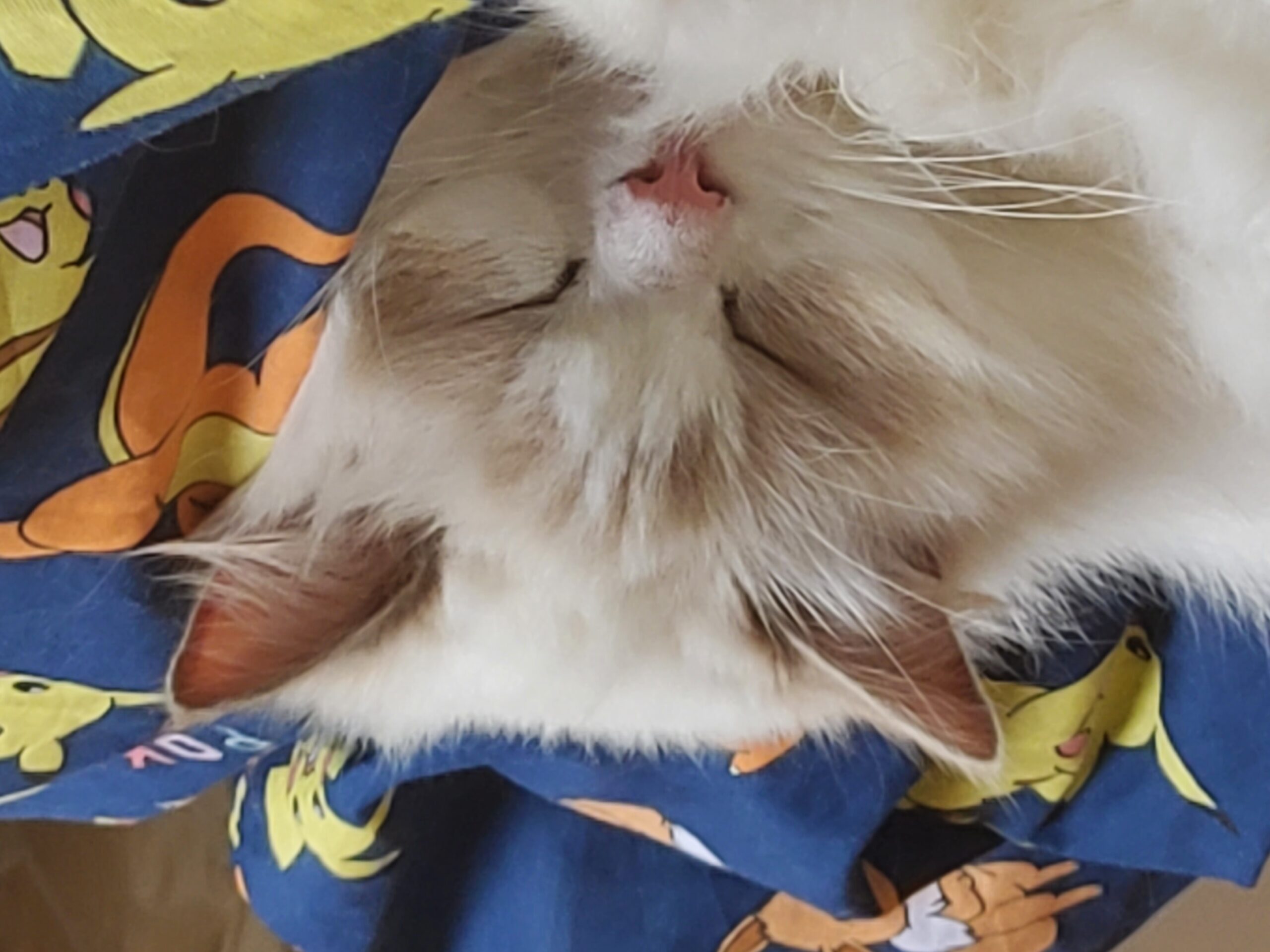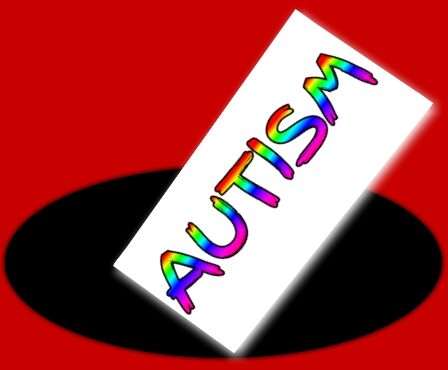Introduction
Some may ask: What is it like to have a medical condition that causes repetitive behaviours? What is it like to have an obsession all the time? Or to do ritualistic behaviours all the time? This anxiety disorder is known as Obsessive Compulsive Disorder, or as it’s short name, OCD, and we will dive into how this disorder affects me in this blog post.
What are obsessions?
An obsession is when you are constantly focused or fixated on something, and the goal of this obsession is to relieve the feeling of anxiety. Try to imagine you woke up one morning, and you could not get your mind off the white lines on the street. Or if you started counting the endless “carpet” of flowers dotting the ground. Or staring at spinning fans for many hours. Or washing hands like crazy or being unable to stop talking.

These symptoms as bizarre as they may seem to others, is what OCD can look like in my experience. For me, I certainly love spinning fidget spinners (little fan-like plastic toys that you flick to spin), or talking excessively on specific topics which I am currently obsessing on. In the past, my topics of obsessions have included pulmonary embolisms, screeching birds, Australian politics and international politics, Pokemon, black holes, solar system planets, weather, Minecraft and dogs barking, ingame purchases, internet speeds, computer hard drives, CRTs (Cathode Ray Tubes) and battery replacements.
What are compulsions?
A compulsion is a mental desire to do something, even if you don’t want to do it at all. Compulsions are a part of OCD, and they are very strong. An example of a compulsion is that when I was little, I would turn the lights on and off at a very fast pace until the globe broke.
Another one is lining up things like matchbox toy cars. This is also not just an obsession with symmetry, but also a compulsion, it just had to be done and I would become very distressed if one of the cars was moved out of line. Just trying to get a wall picture straight for many hours on end is a compulsion and the constant readjusting can also be known as a ritual.
A good example of compulsion in myself is the “desire” to constantly talk. This excessive talking to calm myself can go on all day even if no one else is listening or responding. I’m still afflicted with this when feeling stressed, but have learned to play a handheld console game to distract my mind to self-soothe. I take my handheld game console to a likely stressful event like a doctor’s waiting room or on a train, or as a passenger in a car.
Rituals
One of my OCD rituals was the insistence for a circle of ketchup on my plate of hot chips even though I would never eat it, but I was distressed if it wasn’t there because it didn’t look ‘right’.
How does having OCD make me feel?
I’d rather not have it as it makes me feel out of control of my life, and myself and my own behaviour, which leads to a lower self esteem. I do appreciate that people I interact with just accept that this is part of me, and don’t express frustration with me over it.
Is there a cure?
As OCD is a mental condition (inside the brain), there is no such thing as a “cure” for OCD, but it can be managed. Medication can be effective, although it does not work for everyone, like Fluoxetine and Respiridone were the two I tried, but they only helped with reduction of anxiety, but not particularly effective.
Desensitising through cognitive behavioural therapy, by reducing the amount of sauce on the plate over time, focusing my thoughts on ‘Chips can be eaten without having the sauce on my plate’, and following each successful sauce reduced meal with a reward and thoughts of ‘I did it’. By doing that I was changing the belief or wrong belief in my brain that it was impossible to eat chips without sauce on the plate and no catastrophic event would happen to me if there was no sauce on my plate. Eventually, I overcame the ritual of having the sauce I never intended on eating on my plate. (And nothing bad happened! 😉)
My experience and life with OCD
Everyone who has OCD is affected differently and no two experiences are alike. I often get told I talk way too much, which is what my OCD causes me to do.
To try and relieve the anxiety brought on by this disorder, I would constantly talk about what was causing the anxiety (example for me would be, hundreds of cockatoos screeching), which causes yet more anxiety. When the object or animal in question causing the anxiety went away (or stopped making so much noise, or I stopped talking about the screeching birds), the anxiety slowly faded.
Obsessions, compulsions, and rituals can last for many years, if not decades. My obsessions don’t typically go away – I just add on new ones. 😜
Wooden Cart Animation
Enjoy this video clip (formerly a GiF) of a little wooden cart that is carrying a nursery tree. This was made by Zachary Wright in Blender 3.4.1, and is copyrighted by me:
Princess Lilli Lilac

Conclusion
And so concludes our blog post on Obsessive Compulsive Disorder or OCD. Maybe you have learned a little bit about OCD and how it affects me for yourself. See you on the next blog post.
References
Wikipedia contributors. (2025, January 20). Obsessive–compulsive disorder. In Wikipedia, The Free Encyclopedia. Retrieved 01:14, January 21, 2025, from https://en.wikipedia.org/w/index.php?title=Obsessive%E2%80%93compulsive_disorder&oldid=1270696438
